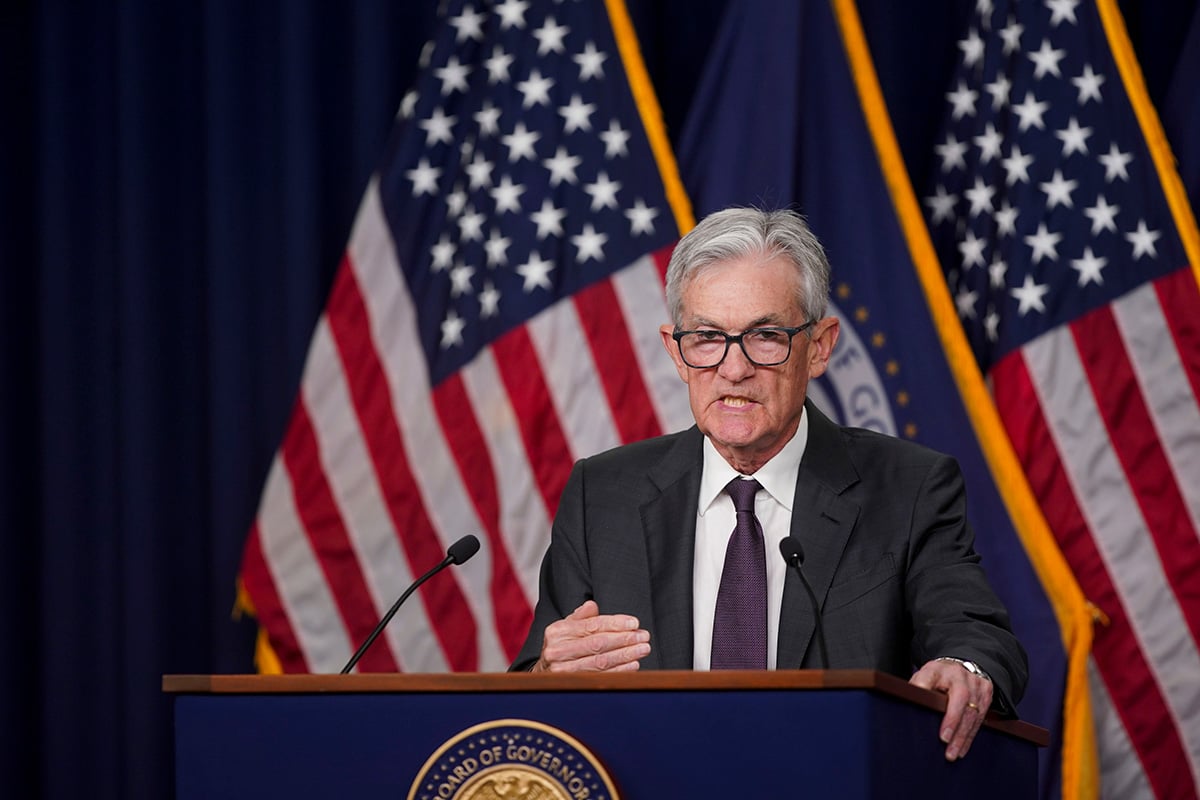Computer breakdowns shook American equity markets again today as malfunctioning software that feeds data between exchanges prompted Nasdaq Stock Market to halt trading in thousands of stocks and options.
Nasdaq said trading in shares it lists had been stopped amid issues at its Securities Information Processor, the feed that disseminates quotes and prices. The second-biggest stock market operator in the U.S. halted transactions in what it calls Tape C, which comprises all Nasdaq-listed securities.
Buying and selling in many of the country's most heavily traded shares, from Apple Inc. to Intel Corp. and Facebook Inc., ground to a virtual halt as brokers were unable to execute customer orders. The Nasdaq 100 equity index stopped moving shortly after noon, according to data compiled by Bloomberg. The Dow Jones Industrial Average, which has Microsoft Corp. and Cisco Systems Inc., continued to update.
The disruption, just two days after options markets were roiled by mistaken trades sent by Goldman Sachs Group Inc., is the latest in a series of computer malfunctions that have raised questions about the reliability of electronic markets. Nasdaq faced criticism last year when its computers mishandled the public debut of Facebook, causing hundreds of millions of dollars in losses for its member firms.
“This is just another one of those headaches that are going on with this electronic stuff,” Frank Ingarra, head trader at Greenwich, Connecticut-based NorthCoast Asset Management LLC, said in a phone interview. “That's why it is important that you have multiple venues.”
The action froze stocks both on Nasdaq's platforms and dozens of other markets around the country that trade securities it lists. Companies from Bats Global Markets Inc. in Lenexa, Kansas, to Jersey City, New Jersey-based Direct Edge Holdings published notices saying they were adopting Nasdaq's halt.
Even though the action was specific to stocks Nasdaq hosts, it depressed volume marketwide.
Securities on Nasdaq have a combined market capitalization of more than $5 trillion, based on the value of the 2,446-member Nasdaq Composite Index. For securities that list on the New York Stock Exchange, it was “business as usual,” according to Sara Rich, a spokeswoman.
Trading Breakdowns
The breakdown is one of a growing number of trading failures that have coincided with the expanding complexity of global financial markets. U.S. equity trading, which began with on Wall Street more than two centuries ago and was dominated by the New York Stock Exchange, has become dispersed among more than 50 computerized platforms accessible around the world.
“It has essentially halted” trading, Ian Winer, director of equity trading at Wedbush Securities Inc., said in an interview. “We cannot execute customer orders in any Nasdaq security, so we are basically in a wait-and-see mode from Nasdaq.”
Signs of strain appeared earlier when NYSE's Arca canceled orders for Nasdaq shares and other exchanges routed orders away from the electronic platform through a procedure known as self-help. Just before 12:30 p.m., shares of Yahoo! Inc. briefly plunged more than a dollar over about a dozen trades. Intel surged 20 cents or more in a handful of transactions.
“We are monitoring the situation and are in close contact with the exchanges,” Securities and Exchange Commission (SEC) spokesman John Nester said.
Options markets were bombarded with erroneous orders two days ago when an internal computer at Goldman Sachs malfunctioned. Options officials at Nasdaq as well as NYSE Amex and CBOE Holdings spent almost a day reviewing orders for cancellation.
In May, Nasdaq agreed to pay $10 million to settle SEC charges related to the initial public offering of Facebook. Regulators cited it for its “poor systems and decision-making” during the IPO in May 2012 that was delayed when the software that collects orders fell into a loop. Nasdaq agreed to the settlement without admitting or denying the SEC's findings.
The SEC penalty was imposed because Nasdaq failed in its obligation to ensure that systems, processes, and contingency planning are robust and adequate to manage an IPO without disruption to the market, the agency said.
Legislation that created the Securities and Exchange Commission in 1934 also deemed the main venues self-regulatory organizations, or SROs, overseeing their member firms and trading. Critics said the Facebook mishap shows how changes in the structure of markets have made old regulations obsolete and that firms such as Nasdaq should be regulated like any other for-profit company.
Exchanges have close to absolute immunity for actions taken as part of their regulatory duties. The doctrine arose when exchanges were not-for-profit organizations owned by their member firms. The shield protects them from lawsuits related to the exercise of powers delegated by the SEC and prevents financial losses that could jeopardize institutions seen as vital to the U.S. economy.
Complete your profile to continue reading and get FREE access to Treasury & Risk, part of your ALM digital membership.
Your access to unlimited Treasury & Risk content isn’t changing.
Once you are an ALM digital member, you’ll receive:
- Thought leadership on regulatory changes, economic trends, corporate success stories, and tactical solutions for treasurers, CFOs, risk managers, controllers, and other finance professionals
- Informative weekly newsletter featuring news, analysis, real-world case studies, and other critical content
- Educational webcasts, white papers, and ebooks from industry thought leaders
- Critical coverage of the employee benefits and financial advisory markets on our other ALM sites, PropertyCasualty360 and ThinkAdvisor
Already have an account? Sign In Now
*May exclude premium content© 2025 ALM Global, LLC, All Rights Reserved. Request academic re-use from www.copyright.com. All other uses, submit a request to [email protected]. For more information visit Asset & Logo Licensing.





